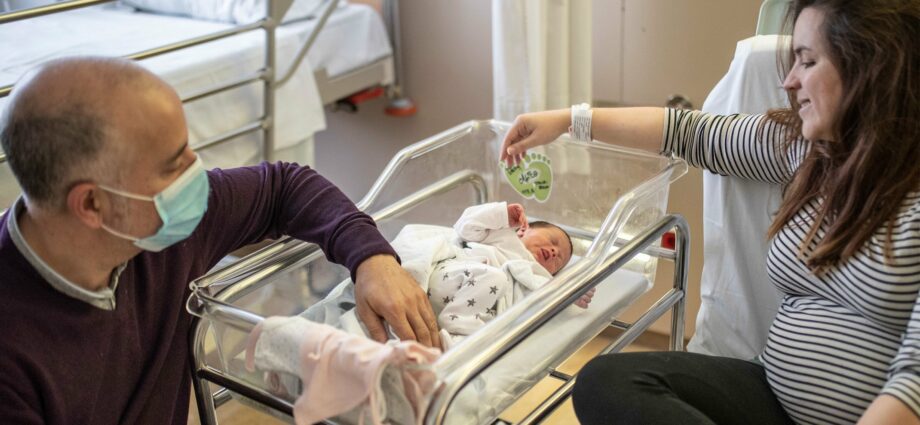The Prado: what is it?
According to a Drees survey, 95% of women are satisfied with the conditions in which their stay in maternity hospital took place, but nearly a quarter of them regret the lack of follow-up and support upon returning home. On the strength of this observation, the Health Insurance in 2010 set up a system allowing women who have just given birth, if they wish and if their state of health is compatible, to be followed at home with their baby, by a liberal midwife after leaving the maternity ward. Experienced since 2010 in several regions, the Prado should be generalized throughout France in 2013. Behind the desire to satisfy patients, the economic concerns are clear. A childbirth is expensive for Social Security but also for maternity hospitals.
Currently, the length of stay varies from one establishment to another. On average, future mothers remain ebetween 4 and 5 days in the maternity ward for a classic childbirth, one week for a cesarean. It is much more than in some European countries. In England, for example, a majority of mothers go out two days after childbirth.
Prado: are all women concerned?
For now, the Home Return Support Program (MEADOW) relates exclusively to maternity discharges in physiological postpartum. To be able to benefit from the program, the mother must be over 18 years old, having given birth to an only child vaginally, without complications. The child must be born at term with a weight commensurate with his gestational age, without feeding problems and not requiring hospital maintenance. Note: it is not a question of “forcing” mothers to go home. This system is based on voluntary service.
Prado: for or against?
This program had raised many criticisms from the start of his experiment in 2010, particularly among the main midwifery unions. Reluctant at first, the National Organization of Midwife Unions (ONSSF) softened its position but “remains very vigilant in the implementation of the project”. Same story with the Union Nationale et Syndicale des Sages-Femmes (UNSSF). The syndicate now encourages women to participate in Prado, without however recognizing a real interest in the device. “We cannot be against taking a young mother home after giving birth. We note that there is a real need. But this possibility already existed before », Explains Laurence Platel, vice president of the UNSSF. Before adding: “What is regrettable is that the program does not concern all women, because it is often those who have had difficult pregnancies or deliveries, who need the most support.” The National College of Gynecologists and Obstetricians, for its part, continues to doubt the effectiveness of the device.
Despite these points of attachment, CPAM today welcomes the success of Prado. More than 10 women have benefited from the presentation of the program, 000% of them have joined. And 83% of women who have integrated the system since its inception say they are “completely satisfied”.










